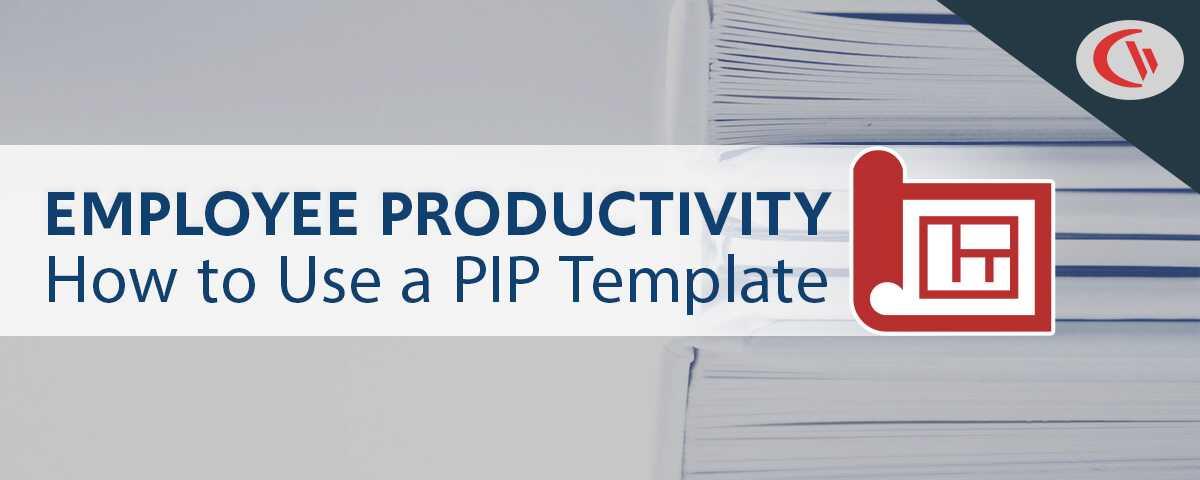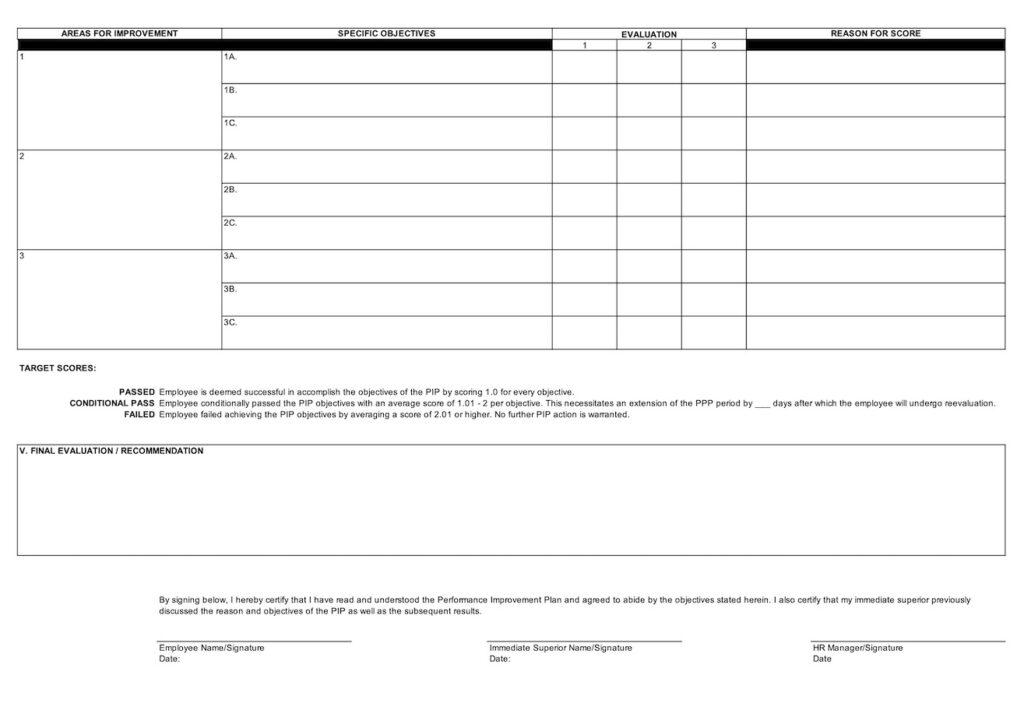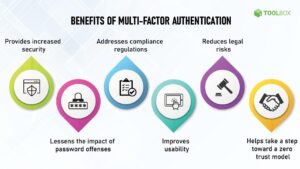In the high-stakes arena of professional performance, few phrases strike more fear into an employee’s heart than “Performance Improvement Plan” or PIP. These corporate crossroads represent a critical moment where careers can either be resuscitated or quietly ushered toward the exit. The internet, that vast digital confessional, has recently erupted with raw, unfiltered stories of PIP experiences, revealing a landscape of professional vulnerability, strategic survival, and sometimes unexpected transformation. From tales of redemption to narratives of workplace battle scars, these shared experiences offer a candid, kaleidoscopic view of what it truly means to be placed under the microscopic lens of professional scrutiny. When the dreaded Performance Improvement Plan (PIP) lands on your desk, it’s like receiving a professional death sentence. Employees across social media platforms are candidly sharing their raw experiences, revealing the emotional rollercoaster that accompanies this career-defining moment.
Many describe the initial shock of being called into a manager’s office, where the PIP feels less like a constructive tool and more like a thinly veiled termination strategy. The document itself becomes a psychological weapon, outlining specific performance metrics that suddenly feel insurmountable.
Online forums are filled with stories of workplace anxiety. Some professionals recount feeling like they’re walking on eggshells, hyper-aware of every email, meeting, and interaction. The constant scrutiny creates an environment of perpetual stress, where one misstep could potentially seal their professional fate.
Interestingly, experiences vary wildly. Some individuals view the PIP as a genuine opportunity for growth, meticulously documenting their improvements and working closely with management. Others see it as a predetermined path to exit, believing the decision to remove them was made long before the formal document was drafted.
Tech industry workers seem particularly vocal, sharing how PIPs can be weaponized in competitive environments. The pressure to consistently outperform colleagues creates a toxic atmosphere where professional development becomes secondary to survival.
Emotional toll emerges as a recurring theme. Many describe sleepless nights, decreased self-confidence, and feelings of professional inadequacy. The stigma of being placed on a PIP can linger long after the actual period concludes, impacting future job prospects and self-perception.
Some strategic employees leverage the PIP as a catalyst for career transformation. They use the mandated documentation as an opportunity to demonstrate adaptability, learn new skills, and potentially negotiate better terms or severance packages.
Personal stories highlight the human element behind these corporate mechanisms. From mid-level managers to entry-level employees, the universal experience of vulnerability and uncertainty connects these narratives.
Digital communities have become unexpected support systems, offering advice, empathy, and sometimes sardonic humor about navigating professional challenges. The collective sharing dismantles the isolation many feel when confronted with workplace performance evaluations.
Ultimately, the PIP represents more than a bureaucratic process. It’s a complex intersection of professional expectations, personal growth, and workplace dynamics that continues to evolve in an increasingly transparent professional landscape.










